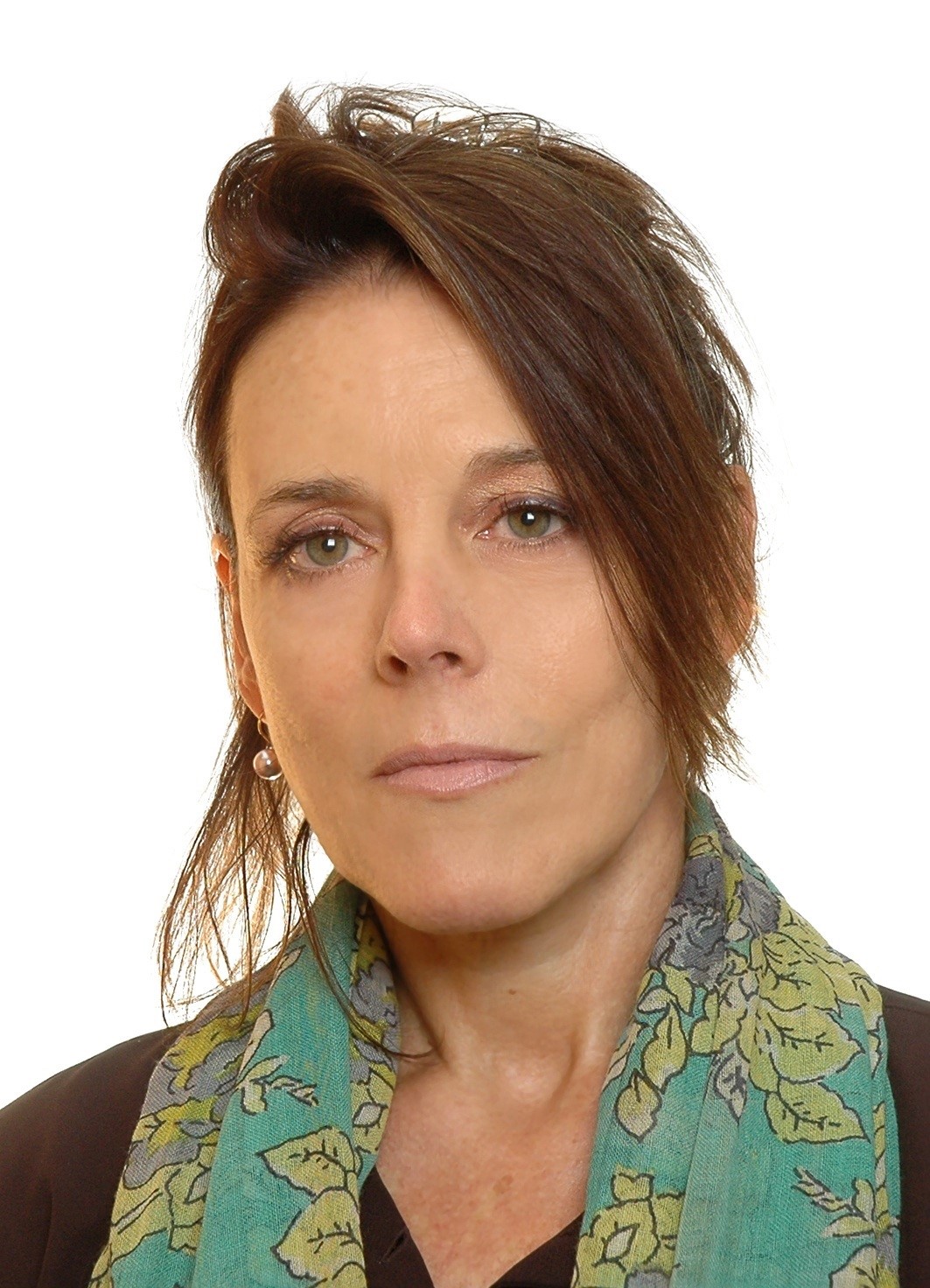Interview with Elizabeth Ayre
Elizabeth (Liz) Ayre is an Executive Director of the Children of Prisoners Europe (COPE Network, formerly Eurochips), a Paris-based organisation working to develop meaningful action, support and policy initiatives for children separated from a parent in prison. Since 2012 she is a Research Fellow in European Studies at Maastricht University (part-time Ph.D. programme at Campus Brussels) where she has been conducting research on understanding the policy gap for children affected by parental incarceration from a frame analytical perspective.
She has participated in the drafting of the UN Global Study on Children Deprived of Liberty and Council of Europe Recommendation (2018)5 concerning children impacted by parental incarceration and its Explanatory Memorandum. Liz is currently a member of the Research Team for the UN Global Study on Children Deprived of Liberty. She has been dissemination leader for several transnational EU-funded studies on children affected by parental incarceration and has published extensively.
Liz is on track to obtaining her Ph.D. degree this year and we asked her a few questions on her experience and lessons learned during this lengthy research process.

Why did you choose the part-time Ph.D. programme in European Studies at Maastricht University?
I chose the programme because the university is a top-notch institution and the programme offered the flexibility of combining work and study simultaneously.
How did you choose the topic of your Ph.D. research? Was it directly linked to your job/professional activity at the time?
The topic of my Ph.D. research was directly linked to my professional activity.
Did the Ph.D. sessions at UM Campus Brussels contribute to your thesis progress?
Initially the Ph.D. sessions at UM Campus Brussels contributed to my thesis progress for it gave me a basic understanding of the analytical and theoretical skills required while providing opportunities for useful discussions and sessions for exploring my research topic in-depth and getting it on track.
What was the main finding of your Ph.D. research?
The main finding of my research is the key role that "naming and framing' (frame analytical processes) play in fostering the development of policies for the children affected by parental incarceration, once seen as an 'intractable issue'.
How would you explain the relevance of your Ph.D. to the person on the street, who is not familiar with EU politics/policy-making?
My Ph.D. helped refine and enhance advocacy on behalf of a group of vulnerable children, fostering greater awareness and recognition and the development of cross-sectoral support systems.
How did the part-time Ph.D. programme fit alongside your job/professional activity?
The programme fit very well alongside my professional activity as it was related to my job, although certain unforeseen circumstances on the job front made it difficult to focus on my research for an extended period of time. As a result completion of my dissertation required a longer period of time.
Did you see the benefits of attending your Ph.D. sessions at Campus Brussels?
As mentioned above, I really saw the benefits of the Campus Brussels sessions during the early stages of my research, but toward the latter phases, I preferred traveling to Maastricht to meet with my supervisors. As I am based in Paris, participation at either site required traveling.
Did the Ph.D. degree open new opportunities for you in your professional life?
Yes, it totally did. I was gradually able to integrate framing and agenda-setting theories into the European network that I run and to organize workshops with experts to raise awareness of the importance of language and of frame-reflective advocacy and how this awareness can maximize impact in promoting change.
Would you recommend the part-time Ph.D. programme in European Studies at Campus Brussels, Maastricht University?
I would highly recommend the part-time Ph.D. programme at Maastricht Univeristy Campus Brussels. It is carried out with an incredible degree of respect and consideration for the individual, offering in-depth personalized support where needed. Flexibility is a major aspect of the degree programme, which is vital to Ph.D. candidates with at-times unpredictable work schedules.
What would be your one advice to the potential part-time Ph.D. candidates? (something you have discovered during your PhD studies)
If your Ph.D. subject is linked to your professional life, try to find links and ways to interweave the learning you gain into your professional work every step of the way. Take as much value in the process of obtaining your Ph.D. as in obtaining the end result itself.